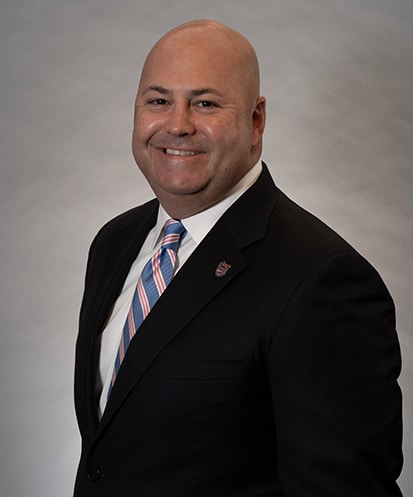Seven Emergency Surgical Procedures Account for 80% of Medical Complications and Deaths
 Approximately 3 million Americans undergo surgery each year in the United States with some of those procedures being elective and others are emergencies. All surgeries carry varying degrees of risk, and every time a patient goes under the knife they open themselves up to the opportunity for a medical mistake. The Washington Post reported on a study published last year in the JAMA Surgery medical journal, which highlighted the seven emergency medical procedures that contribute to 80% of the complications, injuries and deaths:
Approximately 3 million Americans undergo surgery each year in the United States with some of those procedures being elective and others are emergencies. All surgeries carry varying degrees of risk, and every time a patient goes under the knife they open themselves up to the opportunity for a medical mistake. The Washington Post reported on a study published last year in the JAMA Surgery medical journal, which highlighted the seven emergency medical procedures that contribute to 80% of the complications, injuries and deaths:
- Partial colectomy
- Small-bowel resection
- Cholecystectomy
- Operative management of peptic ulcer disease
- Lysis of peritoneal adhesions
- Appendectomy
- Laparotomy
This was a retrospective study, which means that they looked at data from past hospital visits for patients who were admitted for emergency procedures or within two days of being admitted. When they examined these 7 procedures, they found that they collectively accounted for approximately 80% of procedures, 80.3% of deaths, 79% of complications and 80.25% of inpatient costs nationwide.
The study’s authors concluded that national quality improvement bench marks and cost reduction efforts should focus on these common procedures, which are complicated and costly.
Some of the complications that can occur after these types of surgeries, which include almost all the organs within the gastrointestinal tract, include:
- Surgical site infection (SSI)
- Anastomotic leakage
- Ileus (painful intestinal obstruction)
- Internal bleeding
- Infection
- Adhesions
Surgical complications do not always equal malpractice
If you underwent surgery which had an adverse outcome, this does not automatically mean that the surgeon made a medical mistake. If, however, you were admitted for surgery and the doctor operated on the wrong site, or performed a different procedure, those are medical mistakes. Malpractice is more than a mistake. There must be an established doctor-patient relationship, the doctor’s actions must have breached the accepted standard of practice for that specialty, the breach was the cause of the injury and you suffered real damages because of the injury.
At some point in our lives, many of us will have to undergo surgery. Doctors are not infallible. When they make a mistake that leaves you injured, unable to work, and missing out on your life, it can be comforting to know that there is a legal remedy available to you, which would allow you to recover compensation for your pain and suffering and other losses from medical malpractice.
Please contact Paulson & Nace, PLLC through this contact form or by calling 202-463-1999.
Related Articles
- Medical Malpractice
- Surgical Malpractice – “Never Events” That Occur Too Often
- Nurse “Burnout” Leads to Dangerous Medical Mistakes
- When Plastic Surgery Errors Lead to Medical Malpractice
- What Is the Difference Between Medical Malpractice and Medical Battery?
- Medical Malpractice and the Risks of Unnecessary Surgery
- Medical Malpractice for Failure to Treat a Medical Condition
- What to Consider Before Filing a Medical Malpractice Lawsuit

Christopher T. Nace works in all practice areas of the firm, including medical malpractice, birth injury, drug and product liability, motor vehicle accidents, wrongful death, and other negligence and personal injury matters.
Read more about Christopher T. Nace.
